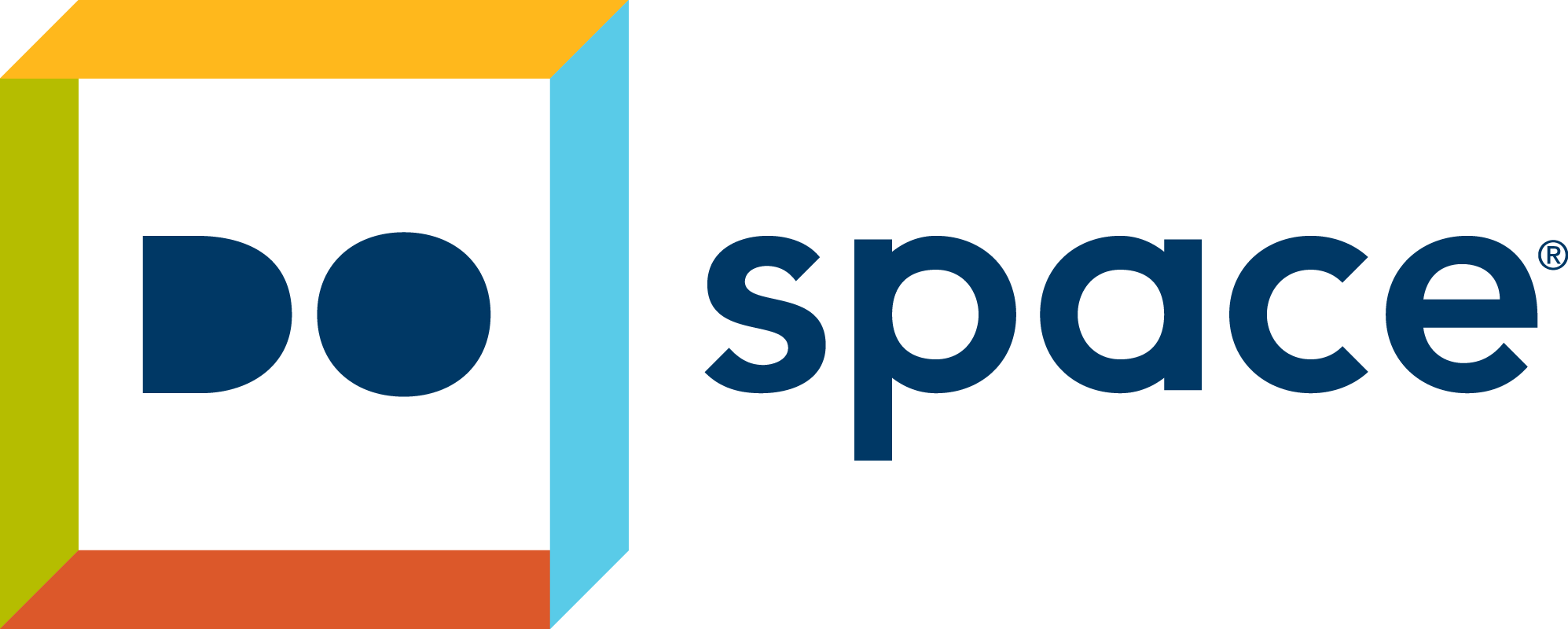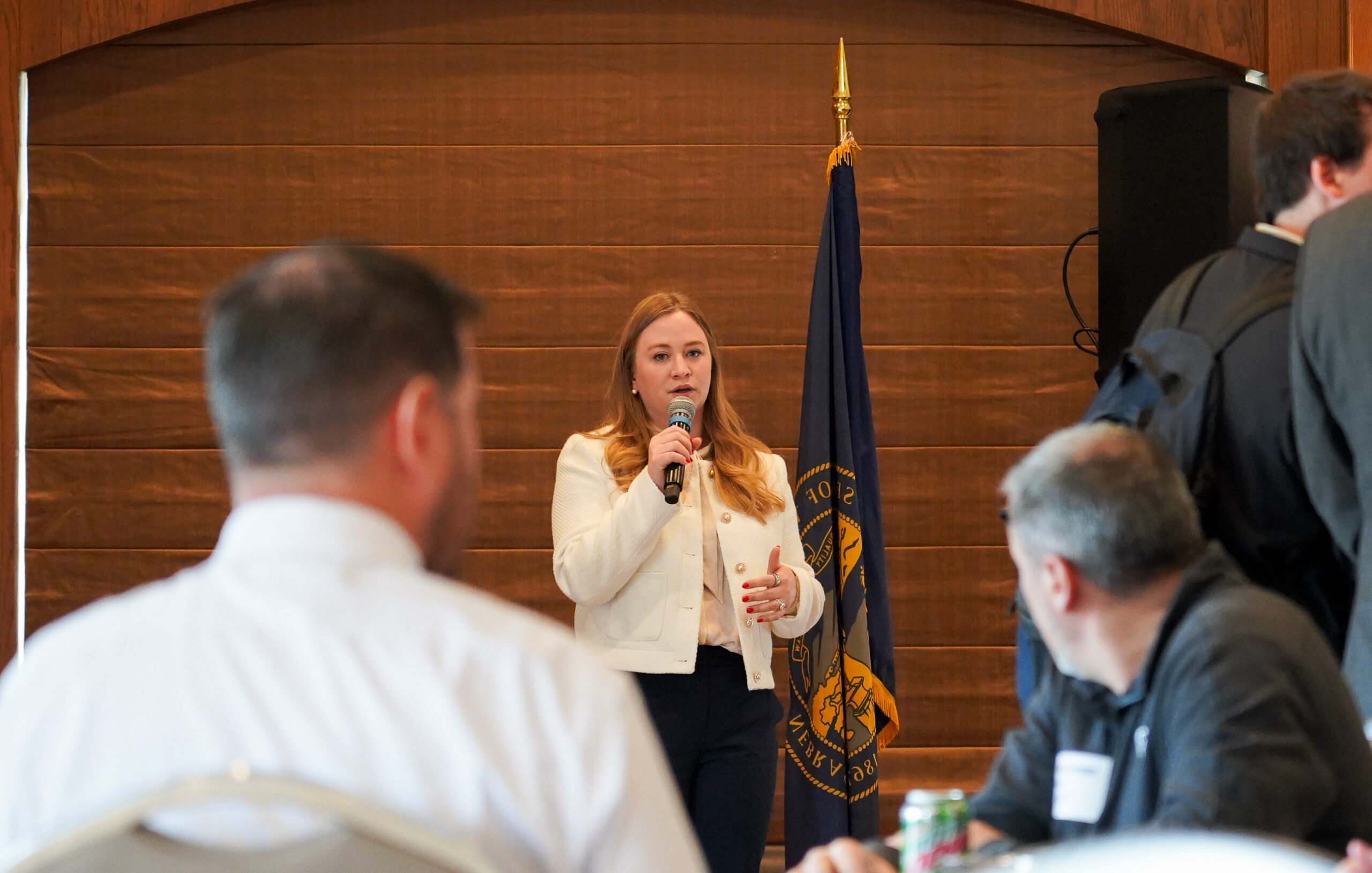 BetaBlox admittedly started off on the wrong foot in January 2012.
BetaBlox admittedly started off on the wrong foot in January 2012.
But in the last two years, Wes Bergmann and his colleagues rebranded: the Kansas City-based accelerator has now turned into a unique long-term incubator/mentorship program.
“The closest thing we were was a seed accelerator—but without the money,” he said. “That offended people. They were used to getting a three-month bootcamp and $20,000, but we didn’t do that so a lot of people didn’t see it as worth their time.”
What they were, was a group of 13 people with varied levels of experience. One investor had sold a company for $30 million. Others were involved with startups. And Bergmann, his name may be familiar for a reason, was on MTV’s Real World: Austin.
What they wanted was the ability to get on founding teams early and help mentor them for years. They just didn’t want to invest the dollars.
“An accelerator was just a quick shot to the arm with some cash and a prayer for funding, but we were trying to do something different,” Bergmann said. “We wanted to be part of the founding team forever [without the upfront cash].”
“No one has ever said, ‘I was made or broken on $20K,’”
So would he call the first class a failure? A misstep? Is this just a redirection?
None of the above.
“When you start a company, you do it with confidence, but really it’s just a facade,” he said. “You’re running around with a bunch of hypotheses.
“We knew we could find entrepreneurs, teach classes and share an office space with a dozen new startups. And that’s all we knew.”
Too many cooks were in the kitchen: startups, academia, small biz, big corporate people.
But they’re all different. Not the same language, Bergmann said.
“We got a list of borderline prolific execs to help teach and consult, but they were consulting them as if they were a big business already,” he said. “It just didn’t work.
“They’re geniuses at their job, but they can’t do mine.”
And so now they’ve rebooted.
Lean practices everywhere. Mentors must have at some point worked in a startup atmosphere.
The first three months of a long-term commitment resembles an accelerator—classes, workshops, forums—and ideas going from nothing to something.
The next three months include business-incubation practices and helping them think in a “marathon pace” instead of the first three-month sprint.
Throughout, there’s access to office space, mentorship, marketing help and access to BetaBlox’s alumnus.
BetaBlox becomes a small minority shareholder a startup with no voting rights.
“We like to think of ourselves as your co-founder who doesn’t expect a salary,” its website states. “We will only charge you once your company reaches a liquidation event (IPO, acquisition, etc.)—and even then, it’s a small percentage.
“We start as an accelerator, grow into an incubator and finish as your partner.”
Bit by the bug
Bergmann got his entrepreneurial start early in high school when he found a group of guys who were “entrepreneurial doers” who went to his and neighboring high schools.
“It seems like these types of people somehow just find each other,” he said. “We were all bit by the entrepreneurial bug early.”
But after graduation, they dispersed to colleges all across the country. Bergmann brought them back to Kansas City to run BetaBlox. 
Their passion is to work with early-stage businesses and stay on as advisors as they grow.
And they’ve done that, with dozens of fledgling startups.
Their classes of up to a dozen startups begin the program every three months. They just took on a new batch January 1 and will do another April 1.
They get more than 300 applications a year, Bergmann said.
There’s some interesting ideas in this batch, he said, but they’ve learned the hard way the first three months are way too early to tell how a startup will turn out.
“I wouldn’t have picked a single one of our high flyers in the first three months.”
Their successes, Flex Pro Meals, a ship to home, never-frozen box of meals branded toward athletes, and AutoSwaprz, an online marketplace for cars similar to AutoTrader.com, were surprises for Bergmann.
AutoSwaprz has some of the largest inventory on the web with more than 1 million vehicles for sale, Bergmann said. More than 5,000 Kansas City-area dealers are on the site.
Another tech startup is looking to build hardware to create a virtual sphere where potential property buyers can walk through a virtual version of the building before it’s even built.
Credits: Bergmann photo from Twitter.



